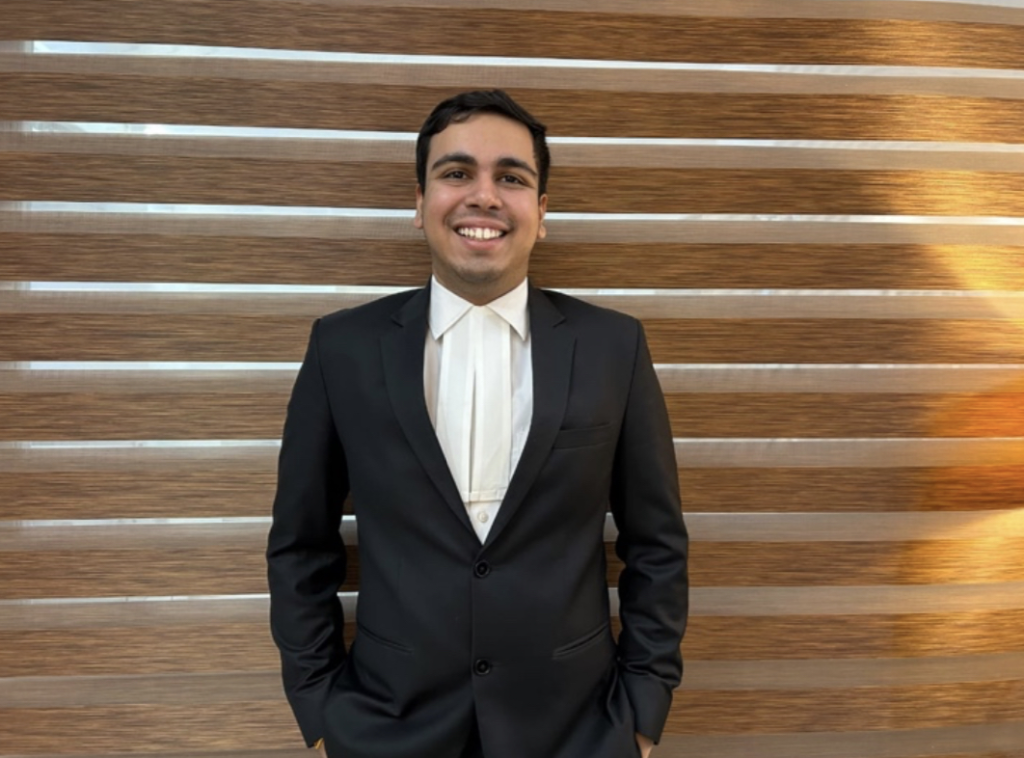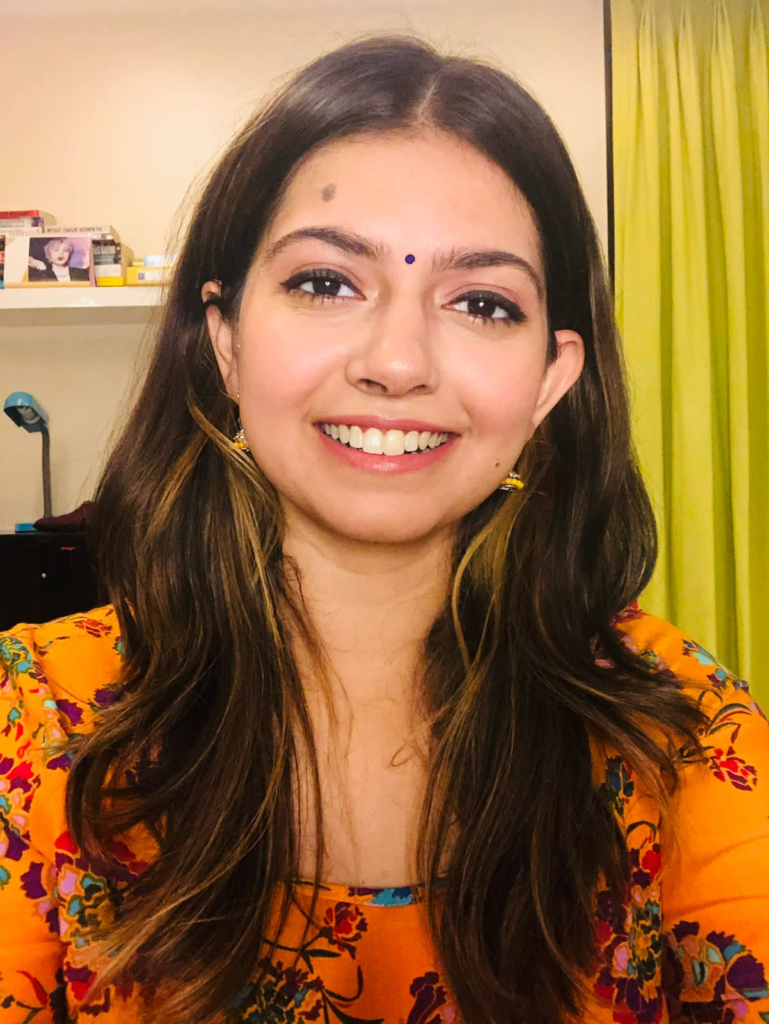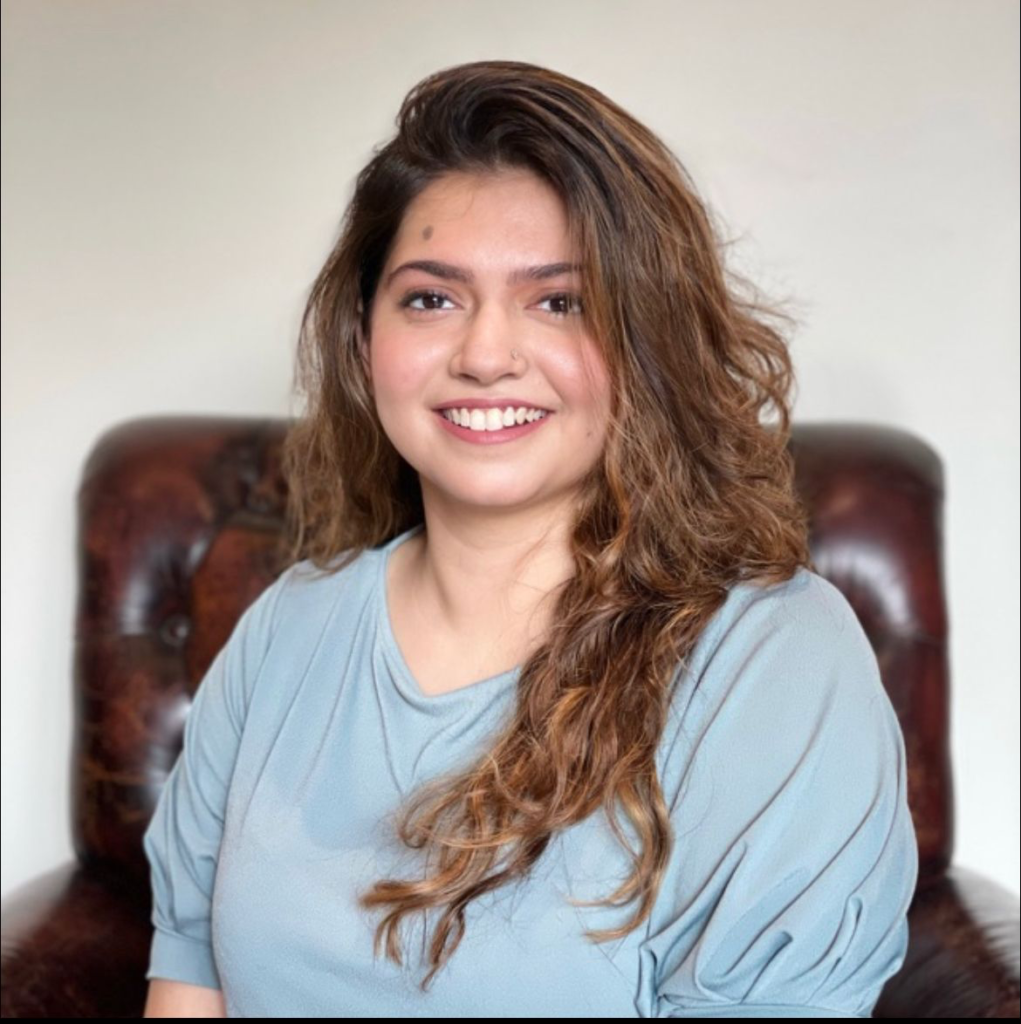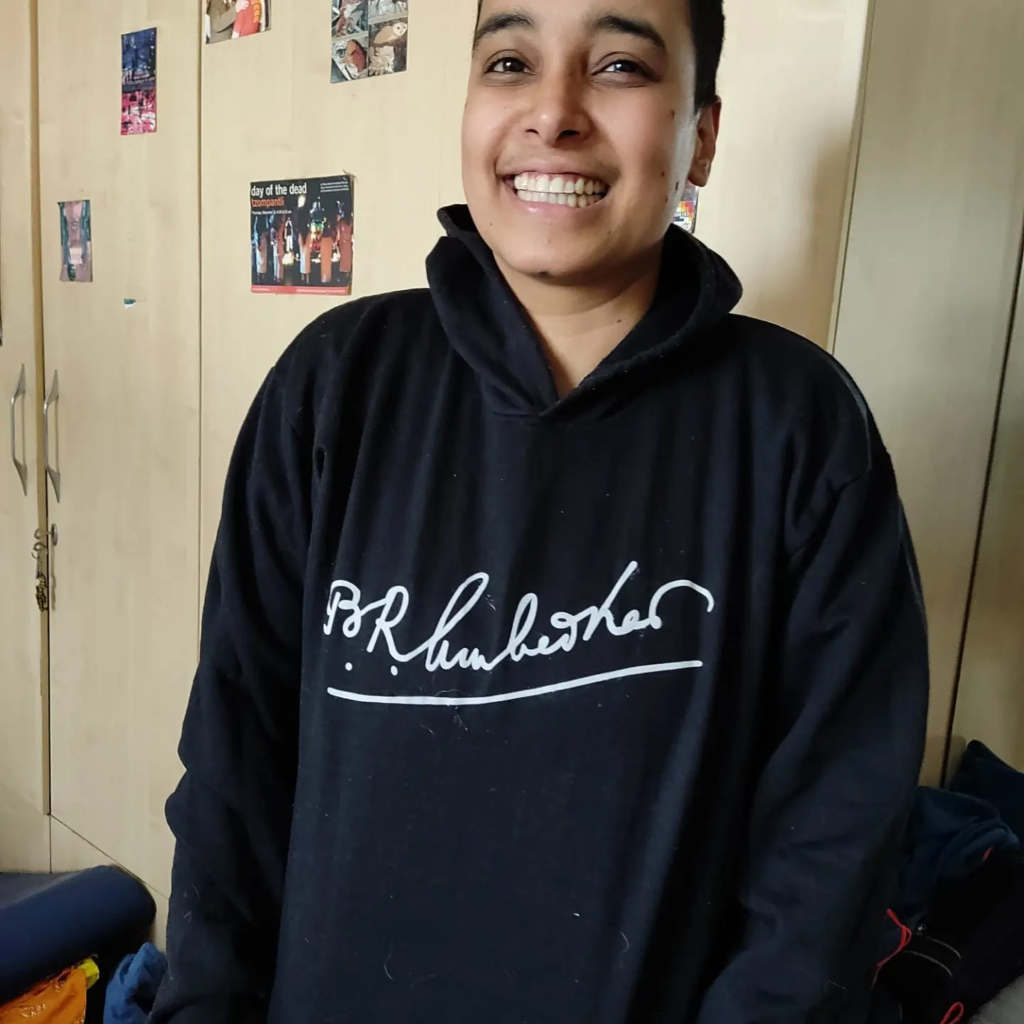The Changing Meaning of Family: It’s Time to Legalize Adoption for Same-Sex Couples

Mehak Walia in conversation with Shreya Kaul, a counselling psychologist and Narrative Therapy Practitioner, Ankit Vashisht, a lawyer practising in the Supreme Court, and various members of the LGBTQIA+ community.
May brings in the auspicious day when we get together and celebrate the people who make our lives whole, our family, but for many same-sex couples in India, the meaning of family has long been a contentious issue. Despite the strides made towards equality, the adoption process remains out of reach for them, leaving them without the legal protections and rights that come with parenthood. For these couples, the simple act of starting a family is fraught with hurdles and roadblocks. They are forced to navigate a system that often views their love as less valid, and their families as less worthy.

This global issue has been a problem for ages and while progress has been made in recent years, with same-sex marriage becoming legal in many countries around the world, the fight for family rights is far from over. It’s time to recognize that love knows no gender, that family is not defined by biology, and that every child deserves the chance to grow up in a loving, stable home. It’s time to legalize adoption for same-sex couples in India, to give them the same opportunities and protections that heterosexual couples enjoy.

While we embark on this journey, to fight the necessary war, it is essential to have some legal knowledge in our arsenal. In conversation with a lawyer from the Supreme Court of India about adoption rights in India and around the globe.

Ankit Vashisht, a lawyer who is currently practicing in the Supreme Court of India, specializing in matters of the constitution, arbitration, and criminal law explained, “The process of adoption in India is not easy, and it is regulated by the Central Adoption Resource Authority (CARA). CARA is a statutory body of the Ministry of Women and Child Development. The organization’s primary function is to ensure that the best interests of the child are protected throughout the adoption process. The eligibility of prospective adoptive parents (or “PAPs”) is covered under Section 57 of the Juvenile Justice Act. One of the rules states that “no child shall be placed in adoption to a couple unless they have had at least two years of the solid marital relationship.” Same-sex couples are unable to create a two-year stable marital bond since same-sex weddings are not recognized in India, making them unfit to be PAPs.”

But this isn’t just limited to India, it is a global issue and many other countries have dealt with the same requirements in their own unique and impressive ways. While explaining the same, Ankit added, “The right to be protected from discrimination based on sexual orientation inside the European Union and the right to respect for family and life are both crucially protected by the European Court of Human Rights. The European Convention on Human Rights forbids Member States from discriminating in adoption procedures based on sexual orientation. Similarly, the value of individual liberty as enshrined in the Constitution has long been upheld in the United States of America. The U.S. Supreme Court ruled in the well-known case of Obergefel v. Hodges (2015) that discriminating against gays is against the spirit of the Constitution and that the value of individual liberty is equal for every person in society. This judgment has led to various judicial pronouncements and legislation legitimizing adoption for same-sex couples. In fact, despite social biases, South Africa is one of the few common-law nations that recognize same-sex couples’ rights and the best interests of the children are put first.”

So, even though the whole adoption process can be hard, strenuous, and challenging for parents, it is extremely worth it because they get to bring home a kid to raise and love. This beautiful right should be available to the LGBTQIA+ community too. The unavailability of the same has also ended up affecting the community members’ mental health. We spoke to a mental health professional to learn more about the same.

Shreya Kaul (She/her), a counselling psychologist and Narrative Therapy Practitioner whose therapy is based on a queer affirmative, inclusive, feminist, and trauma-informed approach believes that “born into a very heterosexual and patriarchal narrative, people from the community are consistently stigmatized and discriminated against and they haven’t even been given access to basic rights. Now, not having this access can be a stifling and psychologically detrimental experience. Among such rights is the right to be able to adopt, and to have a family. If this changes and queer individuals are legally able to adopt, it’ll give the hope and dream that they have towards an equal future that they previously have not been able to envision. The concept of chosen families within the LGBTQIA+ community is very strong because there are individuals who have to face abandonment as a part of their journey so, to have the autonomy and choice to decide to start a family is huge for them. It will be very psychologically beneficial for them.”

She further added, “Furthermore, if queer people are given the ability to adopt, it would also mean that many more children will have the opportunity to find their forever homes. Having this home, a place to belong, and people to call your family is very powerful and important. It’s also extremely psychologically beneficial for these children because this is where we learn our fundamental ideas of self. So, it will create an opportunity for both these lost spaces to find each other and find family.”

We also spoke to some members of the community regarding their feelings on the issue and its importance.
Varsha Panikar (they/he), a trans-non-binary individual who is the co-founder of Star Hopper, a trans-led film production company from India, believes that “All children deserve a home and love and care. Anyone who can provide a child with a safe, secure, and loving home should be able to adopt a child. Parents that do not fit into patriarchal heteronormative family structures, regardless of their gender identity, are going through the legal hassle to adopt and raise children. Anyone who’s willing to expend that much of their time, energy, and financial resources, and is committed to giving a child a good home, deserves to be a parent. They should be allowed to become parents through adoption, or new reproductive technologies, and be subject to the same type of screening used with heterosexual couples and individuals.”

They further explained, “Even denying legal parent status through adoption to co-parents or second parents and discrimination against these willing, capable parents will deprive their children of benefits, rights, and privileges enjoyed by children of heterosexual married couples. Rights to property, healthcare, inheritance, custody, social security, and much more. Having said this, the stigma and discrimination around trans identities are drastically higher and lawmakers need to ensure that the rights are equally extended, to the trans community and the diverse forms of kinship that are not traditionally recognized. It’s time to legitimize non-traditional family structures which we as trans and queer folks have come to foster, nurture, and build into what some now call ‘home’.”
On a similar note, Bittu Karthik Kondaiah (they/he), a trans individual who strongly believes that adoption rights are necessary exclaimed, “All queer and trans persons need to have the right to create safe and affirming family spaces for themselves. But that’s not all, it’s also extremely essential for the children. You must understand that Intersex and gender non-conforming children are also largely, being placed with cis-fender heterosexual families who believe in corrective surgeries and therapies. This is also harmful for these kids but if queer individuals were allowed to adopt, they could have a haven to call their family. It’s very essential.”

Whereas, Shreyas aka klaakaarjntu, a non-binary pansexual multidisciplinary designer, passionate artist, and art instructor believes that, “It is indeed a tragedy to witness the slow decay of time as unqualified and toxic government representatives deem themselves fit to make decisions for the LGBTQIA+ community. The laws preventing consenting individuals from adopting a child, regardless of their sexual orientation or gender, are outright outrageous. It is pitiful to see these representatives and their ideological “blocks” ignoring the emotions of the queer community. Having come from a generation that experienced domestic violence and unhealthy relationships, this discrimination must be stopped. Children deserve supportive and affectionate homes without the hindrance of outdated laws. Love transcends boundaries regardless of orientation and gender, and it is unacceptable to tolerate discrimination. American shows have already made strides in promoting inclusivity for queer parenting, and it’s high time we took notes. We must take a stand against these hateful individuals and demand the necessary changes. “
We also spoke to Jahnvi Kataria, a dancer, a proud member of the LGBTQ+ community and, a business psychologist. She is also a published writer and talent booster. Talking about adoption rights, she said, “I just cannot think of any reason anyone should be refused to adopt. As long as the individuals have the financial and mental bandwidth to take care of a child. I am a bi myself working in the corporate sector and I’ve always wanted to adopt, even before I came out. We all need people who want to adopt, so why say no when there are children out there who can get a better life?”

So, as we celebrate Family Day, let us remember that families come in all shapes and sizes and that every family is deserving of respect, dignity, and legal recognition. Let us come together to demand change, to fight for a world where every child has the chance to grow up in a family that loves and supports them, regardless of who that family is made up of. After all, we all deserve a family’s love, don’t we?
Ad



